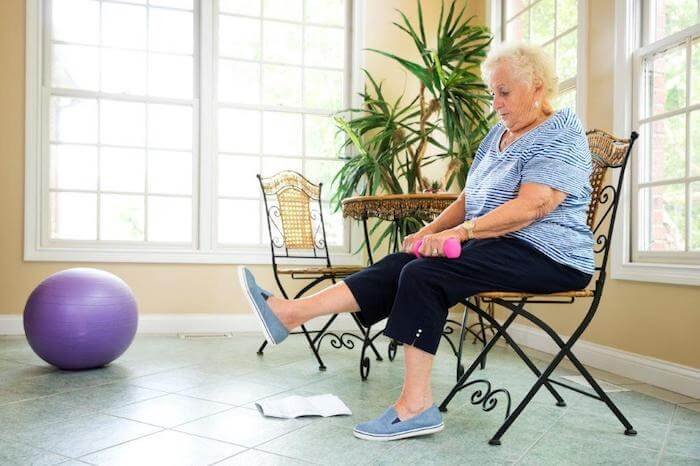When someone you love is in rehabilitation, the support of family can make a huge difference in their recovery journey. Involving family in the rehabilitation process not only strengthens the emotional connection but also provides encouragement and practical help. Recovery is challenging, but having loved ones by your side can foster a sense of belonging and motivation. Let’s look at some meaningful ways families can get involved in the rehabilitation process and contribute to their loved one’s progress.
1. Attend Therapy Sessions Together
One of the most effective ways of involving family in the rehabilitation process is by attending therapy sessions. Whether it’s physical therapy, counseling, or group therapy, being present shows support and commitment. Family members can learn about the therapy goals, understand the challenges, and actively participate in exercises or discussions. This shared involvement fosters a team mindset and reassures the patient that they are not alone.

2. Provide Emotional Support
Recovery often comes with emotional ups and downs. Patients may feel frustrated, anxious, or even hopeless at times. Family members can offer a listening ear, provide encouragement, and remind their loved one of the progress they’ve made. Small gestures like positive affirmations, hugs, or simply being there can uplift spirits and promote a positive mindset.
3. Educate Yourself About the Condition
Families can play a vital role by learning about the condition or injury the patient is recovering from. Understanding the causes, treatments, and expected outcomes can help them provide better care and empathy. Education empowers families to make informed decisions and helps them avoid actions that could unintentionally hinder progress.
4. Encourage Healthy Lifestyle Choices
Supporting healthy habits is another crucial part of involving family in the rehabilitation process. Encourage nutritious meals, regular hydration, and adequate rest. Joining the patient in light exercises or engaging in wellness activities together can make the process more enjoyable. A family that promotes a healthy environment inspires the patient to stick to their recovery plan.
5. Create a Positive Home Environment
The home environment plays a major role in recovery. A positive, stress-free atmosphere helps the patient focus on their rehabilitation goals. Family members can make adjustments like decluttering the space, ensuring accessibility, and minimizing noise. Celebrating small victories and expressing gratitude can also boost morale and make the home a sanctuary for healing.
6. Communicate Openly and Effectively
Open communication is essential during rehabilitation. Talk to your loved one about their feelings, goals, and concerns. At the same time, share your observations in a supportive manner. Active listening builds trust and strengthens the relationship. Avoid being overly critical or dismissive, as these actions can create barriers in the recovery journey.
7. Help with Daily Tasks
Rehabilitation can limit a patient’s ability to manage daily tasks, making family involvement even more important. Assisting with chores like cooking, cleaning, or running errands eases their burden and allows them to focus on recovery. Even small acts of help show care and help create a supportive environment.
8. Set Realistic Goals Together
Goal-setting is an essential part of rehabilitation, and involving family in this process can enhance its effectiveness. Work with your loved one to set realistic, achievable goals that align with their recovery plan. Celebrate milestones together, no matter how small they may seem. This shared sense of accomplishment strengthens bonds and builds confidence.
9. Join Support Groups
Support groups for families of patients in rehabilitation provide valuable insights and emotional support. Sharing experiences with others in similar situations can be reassuring and inspiring. Family members can learn new strategies for involvement and feel less isolated in their efforts to support their loved one.
10. Stay Patient and Consistent
Rehabilitation takes time, and progress may not always be linear. Families must remain patient and consistent in their support. Setbacks can happen, but maintaining a positive attitude and continuing to provide encouragement can make all the difference. Consistency builds trust and demonstrates unwavering commitment to their loved one’s recovery.
Conclusion
Involving family in the rehabilitation process is a powerful way to support recovery. From attending therapy sessions to creating a positive home environment, each step fosters connection and progress. Family involvement not only provides practical help but also strengthens emotional bonds, giving patients the confidence and motivation they need to heal. Remember, patience, open communication, and consistent support are the keys to making the rehabilitation journey a successful one.











